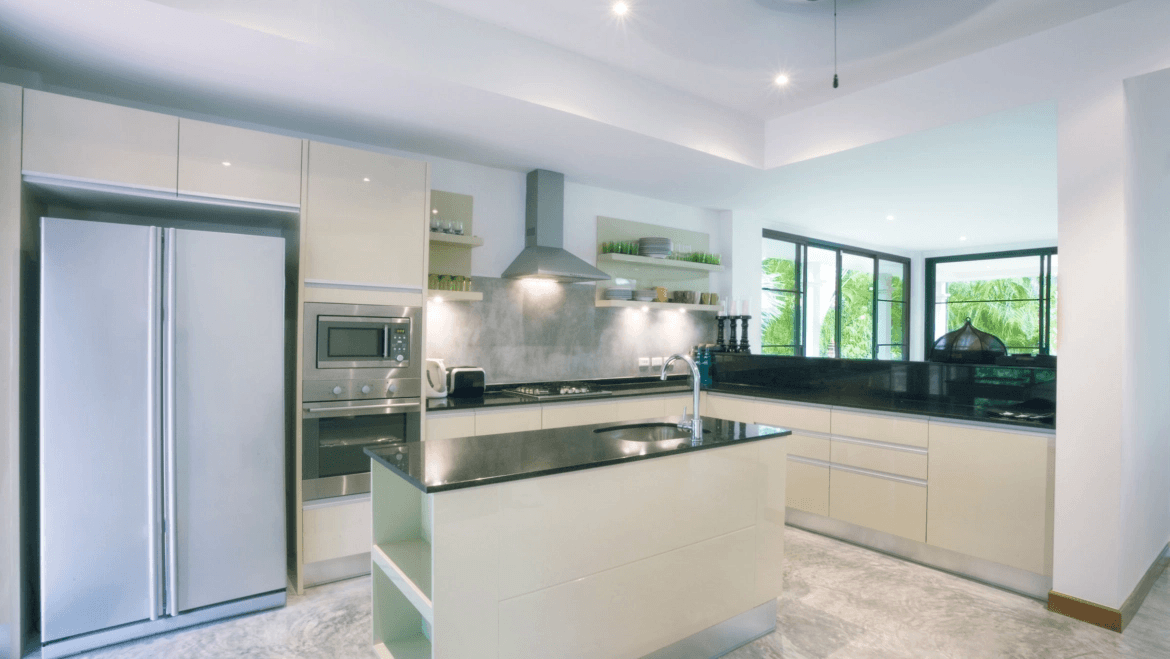Deciding whether to rent or own a home is a significant financial and lifestyle choice. Both options come with their own sets of advantages and challenges, and the right decision often depends on individual circumstances. Here, we’ll explore the pros and cons of each to help you make an informed decision.
Renting a Home
Pros
- Flexibility
- Renting offers the freedom to relocate without the burden of selling a property. This is ideal for individuals with jobs that require frequent moves or for those exploring different neighborhoods before settling down.
- Lower Initial Costs
- Renting typically requires a security deposit and the first month’s rent, which is considerably less than the down payment required to buy a home.
- Fewer Responsibilities
- Maintenance and repairs are usually the landlord’s responsibility, reducing unexpected expenses and the time needed for upkeep.
- Access to Amenities
- Many rental properties, especially in complexes, offer amenities like gyms, pools, and communal spaces that would be costly to install in a home.
- Predictable Expenses
- Rent is often fixed for the term of the lease, making budgeting more straightforward. This predictability can be appealing for those on a strict budget.
Cons
- No Equity Building
- Rent payments do not contribute to building equity, meaning the money spent does not provide long-term financial benefits.
- Limited Personalization
- Renters are often restricted in making changes to their living space, such as painting walls or renovating.
- Rent Increases
- Landlords can raise rent after the lease period, which can lead to financial instability.
- No Investment Opportunity
- Unlike owning, renting does not allow you to benefit from potential increases in property value.
Owning a Home
Pros
- Equity Building
- Monthly mortgage payments contribute to ownership of the home, which can be a valuable long-term asset.
- Stability
- Homeownership provides a sense of permanence and stability, particularly for families looking to settle in a community.
- Freedom to Customize
- Owners can renovate, decorate, and modify their property to fit their personal tastes and needs.
- Potential for Appreciation
- Real estate often appreciates over time, allowing homeowners to build wealth as property values increase.
- Tax Benefits
- In many regions, homeowners can deduct mortgage interest and property taxes from their income taxes, providing financial relief.
Cons
- High Initial Costs
- The down payment, closing costs, and other fees associated with buying a home can be substantial.
- Ongoing Expenses
- Maintenance, property taxes, insurance, and potential HOA fees can add significant costs beyond the mortgage.
- Reduced Flexibility
- Selling a home can take time and may not be practical for those needing to move quickly.
- Market Risk
- Home values can fluctuate, potentially leading to financial loss if the market declines.
- Responsibility for Maintenance
- Homeowners are solely responsible for repairs and upkeep, which can be both time-consuming and expensive.
Key Considerations
When deciding between renting and owning, consider these factors:
- Financial Readiness:
- Evaluate your savings, income stability, and ability to handle unexpected costs.
- Lifestyle:
- Are you looking for stability or flexibility? Do you prefer to avoid maintenance responsibilities, or do you want the freedom to personalize your space?
- Long-Term Goals:
- Think about where you see yourself in five or ten years. Is building equity and putting down roots a priority, or is mobility more important?



